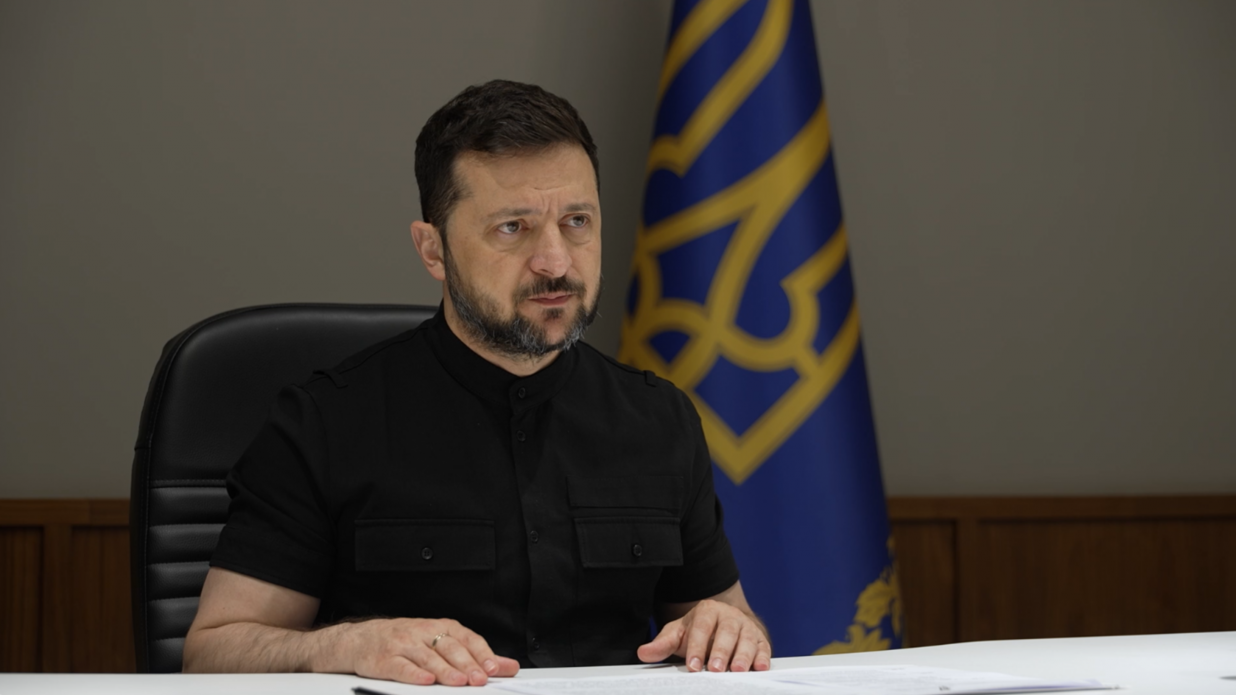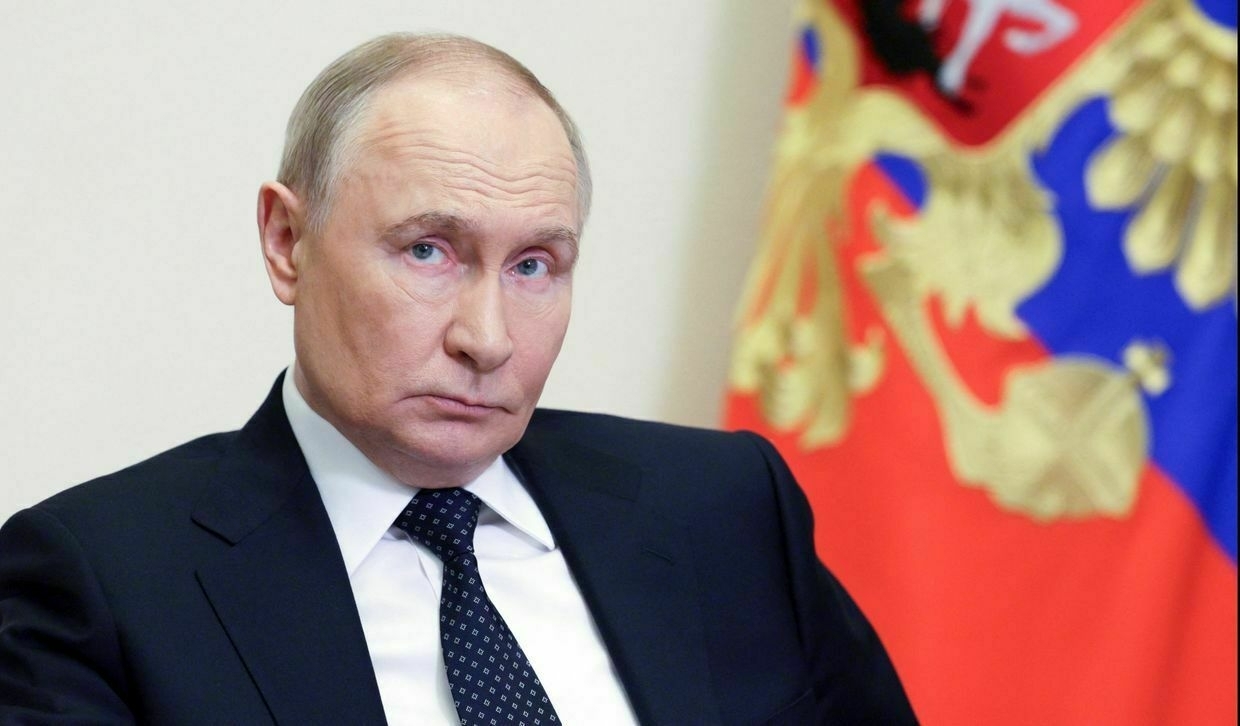
European firms continue to ship critical weapons components to Russia, President Volodymyr Zelensky told the European Council on June 26 in a plea for tougher EU sanctions against Moscow.
“Some European companies are still sending critical components to Russia. These end up in missiles and other weapons used to kill us, kill Ukrainians,” Zelensky said in a video address to the European Council summit in Brussels.
Ukraine is in the process of identifying these materials and will pass along evidence to EU officials, he said.
Zelensky’s remarks were part of a broader appeal for the EU to expand and strengthen economic penalties on Russia. While the bloc reached an agreement in Brussels to extend current sectoral sanctions for another six months, it is still debating its proposed 18th package of sanctions against Russia.
Zelensky urged the EU to pass “a truly strong” 18th package, targeting “Russia’s oil trade, its shadow tanker fleet, Russian banks and other financial instruments, and the supply chains that bring equipment or parts for making weapons.”
The sanctions should not only penalize Russia’s so-called “shadow fleet” vessels, but also the tankers' captains and the ports Russia uses to export oil, Zelensky said.
The president also reiterated his call to drop the current oil price cap to $30 per barrel.
“Russia’s military ambitions grow when its oil revenues are high,” he said.
Several European countries still rely heavily on Russian oil and gas, Zelensky pointed out. Ukraine understands the complexities of this situation and treads carefully in order to respect its partnership with the EU.
“Yet, sadly, we don’t always feel this same understanding in return when it comes to Ukraine’s needs,” Zelensky said.
“It feels especially strange to hear such strong criticism — even political pressure from some leaders — while our respect for EU rules allows oil to keep flowing.”
While Zelensky did not specify any particular EU leaders, Slovak Prime Minister Robert Fico in June threatened to veto the 18th sanctions package, citing concerns over Slovakia’s reliance on Russia’s energy imports. Fico has emerged as one of the EU’s strongest supporters of Russia, alongside Hungarian Prime Minister Viktor Orban.
Orban took aim against Kyiv at the Brussels summit by blocking a unanimous statement of support for Ukraine’s accession to the EU. All 26 other member states supported the statement, while Hungary was the sole opponent.
In his address to the Council, Zelensky urged the EU to send a clear signal of support for Ukraine’s European path. Ukraine has fulfilled its obligations in the accession process, the president argued, and deserves recognition of its progress.
“Any delay by Europe at this point could create a global precedent and a reason to doubt Europe’s words and commitments,” he said.
 The Kyiv IndependentChris York
The Kyiv IndependentChris York
